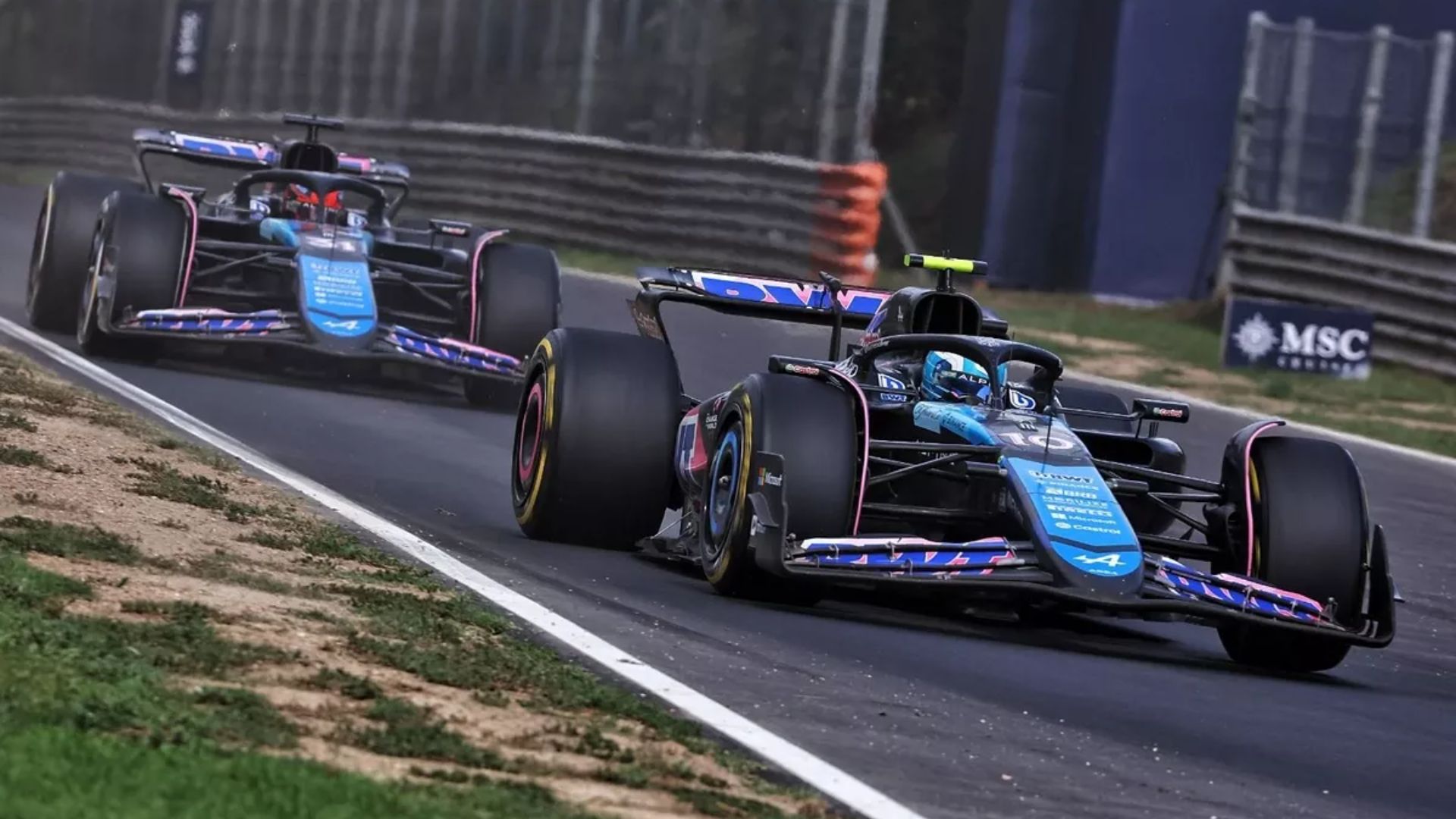Renault has announced it will cease Formula 1 power unit production after the 2025 season, marking a major shift for its Viry-Châtillon motorsports facility, which currently develops power units for the Alpine F1 team. The move comes following a review ordered by Renault CEO Luca de Meo, and it means Alpine will need to source engines from another manufacturer—likely Mercedes-AMG—starting in 2026, when F1 introduces new power unit regulations.
Though Renault will no longer produce F1 power units, the Viry-Châtillon site will pivot towards electric vehicle (EV) technology. It will be rebranded as Hypercar Alpine, focusing on developing high-performance electric vehicles, including a highly anticipated Alpine supercar set to launch by 2030. This supercar may feature solid-state battery technology, pushing the envelope of EV performance.
Renault’s focus will also expand to other motorsport categories, including the FIA World Endurance Championship and the Dakar Rally, as part of the company’s broader strategy to enhance EV development across its brands. Alpine has already teased a future seven-car lineup, with plans to enter the U.S. market by 2027.
The transition will affect around 200 staff members currently tied to the F1 power unit program, though Renault will offer them roles in EV and road car development. A smaller group will continue to work on F1 innovations to ensure Renault remains at the cutting edge of motorsports technology.
This pivot aligns with Renault’s long-term vision to prioritize electric mobility and high-performance applications, solidifying Alpine’s future in the EV supercar space while reducing its focus on F1 power units.
Image Via Alpine

[…] Alpine has unveiled its latest creation, the A110 R Ultime, a limited-edition sports car that pushes the boundaries of the brand’s celebrated A110 platform. Showcased at the Paris Motor Show alongside other Alpine concepts, including the A390_β and Alpenglow HY6, the A110 R Ultime stands out as the most aggressive road-legal Alpine ever produced. […]